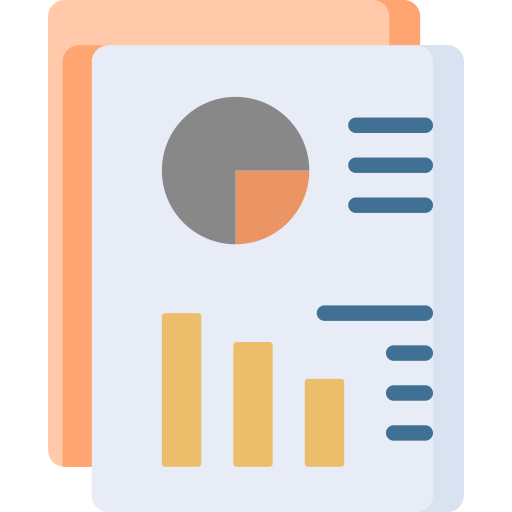Call Now: (+61) 416-195-006
Key National Policy and Legislation
Australia has a variety of drug programs and policies that have been ratified over the years. However, development of policies and regulations ought to be perceived as a continuous process, which is impacted by various aspects including changing community attitudes and values as well as changes in government. Additionally, change of personnel at policymaking levels also influences the purpose and direction of drug programs and policies. The National Drug Strategy, established in 1985 was the pioneer of numerous policies that focused on harm minimisation (Howard, Gordon, & Jones, 2014). This key national policy and its offshoots have significantly affected Australians’ alcohol and drug access particularly with regards to how they are distributed and consumed in the country.
The adoption of the national alcohol and drug policies in the country directly inspired a number of key initiatives. These included the establishment of the national drug strategic plan, national public health partnership, national drug strategy, national drug strategic framework, and national campaign against drug abuse (James, 2016). These Australian policies that aid in the fight against drugs and alcohol involve all sectors in the country ranging from the government to non-profit organisations and private institutions. The sectors collaborate to offer the full spectrum of drug and alcohol drug services in Australia including advocacy, prevention programs, research, treatment and enforcement of legislation.
The National Drug Strategy is Australia’s supreme drug policy framework. The Ministerial Council on Drug Strategy is responsible for developing new programs to strengthen the policy while its implementation is done by the Intergovernmental Committee on Drugs. However, regional jurisdictions also have individualised action plans and strategies to tackle alcohol and other drugs. The National Drug Strategy is important to the country’s fight against drugs and its focus is the reduction of harm caused by alcohol and drugs (Ritter et al., 2014). The National Drug Strategy Household Survey is a critical component of Australia’s drug policy and is utilised in monitoring patterns and the efficacy of the National Drug Strategy (Berends et al., 2011). The surveys documents attitudes, behaviour and knowledge regarding the use of drugs among Australians of ages 14 and above. To meet this target it outlines eight areas that require prioritising including access to treatment, professional training and education, supply reduction, partnerships, community awareness, research, and harm prevention.
Besides, the national policy, there are numerous legislation within Australian territories developed as jurisdictional and national levels to tackle drugs use. Local governments including New South Wales, Queensland and Tasmania have individualised legislation focusing in alcohol and other drugs that mirrors national and regional perspectives in lowering drug use in the country. These territories have local police and various drug enforcement agencies whose responsibility is enforcing laws that curb the distribution and consumption of drugs (James, 2016). A notable example of Australian drug legislation is the Alcohol and Other Drugs Act 1974 whose goal is to offer treatment, rehabilitation, and care to people encountering alcohol and other drug use problems (Lancaster, Duke, & Ritter, 2015). With its national policies, legislation and programs, Australia aims to improve the social, health, and economic outcomes of its citizens as well as communities.
Explore comprehensive online tutoring services on drug addiction with MyAssignmentHelp. Our expert tutors provide personalized assistance, guidance, and resources to help you understand and overcome challenges related to drug addiction. Get tailored support and achieve academic success while gaining insights into this critical issue.

Chat with our Experts
Want to contact us directly? No Problem. We are always here for you
